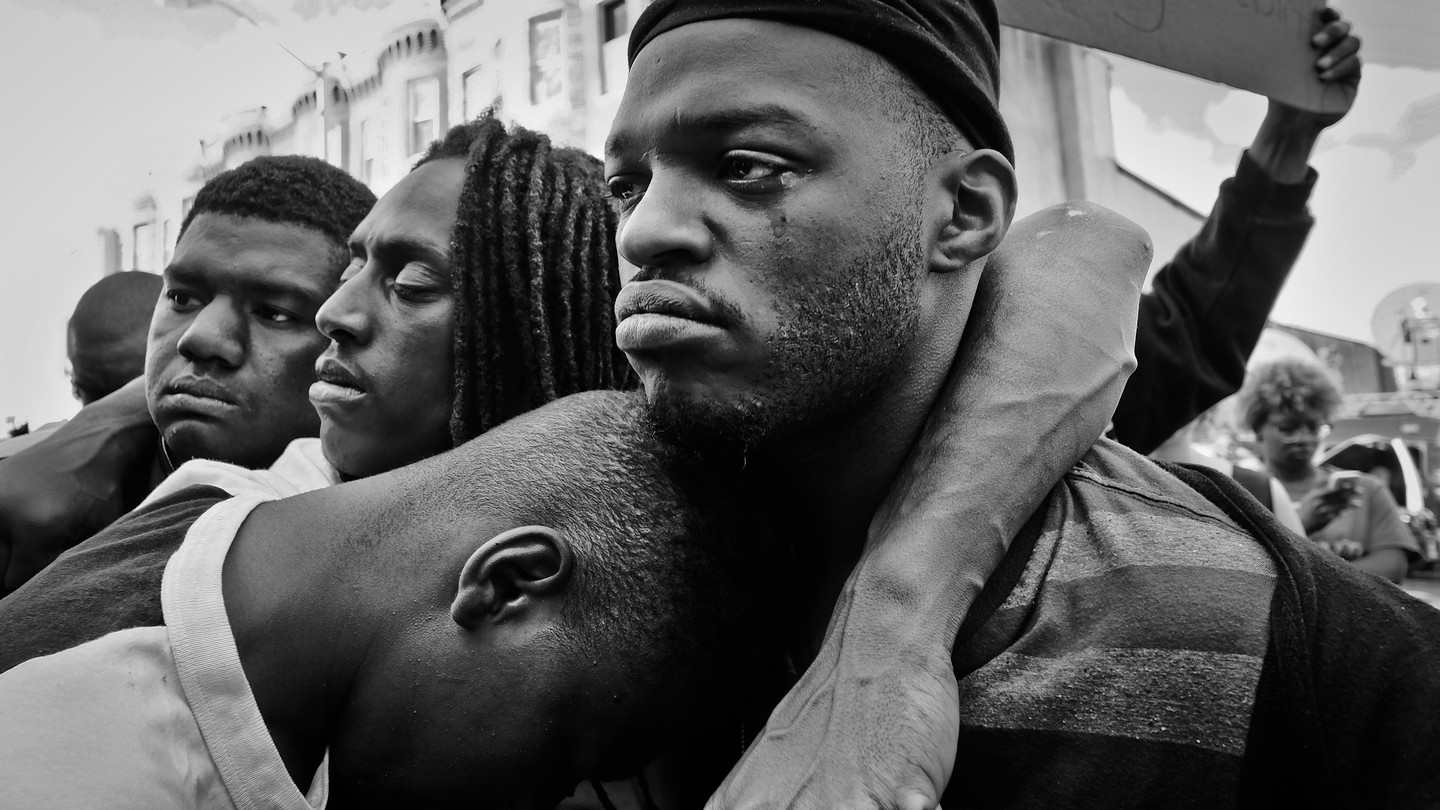Texts: 1 John 3: 16-24 and John 10:11-18
Like many millions of people not only in the United States but around the world, I exhaled on Tuesday. At long last an officer of the law had been held accountable for the excessive, abusive, and ultimately fatal use of force against a black man in a situation where it was plainly unwarranted.
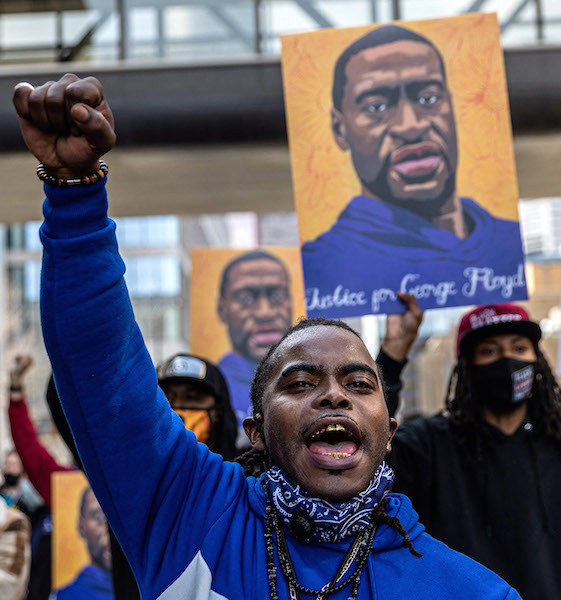
Yet I hesitate to embrace the phrase “exhale” too closely– or to allow too much air to escape my lungs, even though I am deeply relieved – because, as a privileged white man, I have to immediately remind myself that I honestly do not know what it’s like to not be able to breathe. Not in the way George Floyd couldn’t breathe. Not in the way any African-American or Afro-Canadian can’t breathe when they see blue lights in the rearview mirror or see the store clerk watching them suspiciously as they browse the store. I can empathize with the stories. I can understand the prejudice and its historical roots. But I’ve never experienced it. I’ll never experience anything quite like it.
Quite frankly, none of us should be too quick to exhale because this verdict, while vitally important, has not abruptly altered reality. Police officers have already shot and killed at least two more African-Americans under questionable circumstances since Chauvin’s trial began, Daunte Wright and Andrew Brown.
And of course, the issue of disproportionate police violence toward black, brown, and indigenous people is only one of the many dark waves of injustice that wash over us as individuals and as a society, waves that can knock us off our feet at any moment, that can trap us in the undertow, even pull us out to sea. Waves that cover us with oily deposits of fear, anxiety, suspicion, and cynicism that erode our faith in humanity and shape (even deface) the contours of our social and psychological landscapes. An erosion that impacts people and communities differently depending on where along the shore they stand. The waves of injustice are unjust precisely because they do not wash over people and places with equal force and frequency.
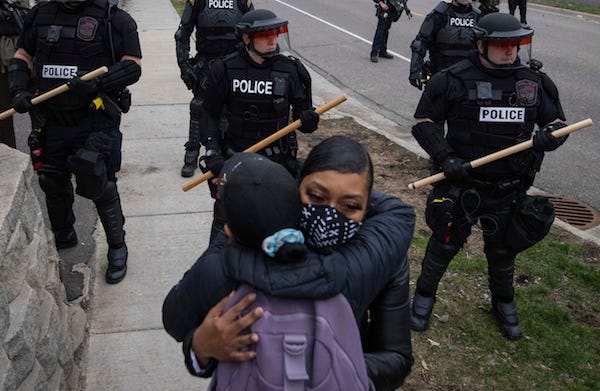
This is part of the hard and inconvenient reality of the world in which we live. Disparity cuts two ways: it unfairly exposes some and artificially insulates others.
And so, it is quite timely and appropriate today that we have before us in our guiding Scripture texts from the revised common lectionary both a reassurance and a challenge. A reassurance of Christ’s love coupled with a challenge to extend that love to others.
First, the reassurance. “I am the good shepherd,” Jesus proclaims to us. “I know my own and my own know me, just as the Father knows me and I know the Father.” It is important for us, the church, to hear and remember and proclaim that Jesus is our Good Shepherd – that in times darkness we do not grieve as a people who do not have hope – that there is company for us, with us, in the valley of the shadow of death.
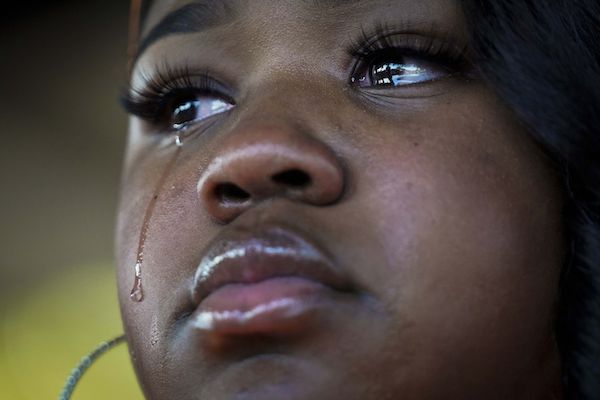
And Jesus as the Good Shepherd lays down His life for His sheep – freely, willingly. He has the power to lay down His life, and to take it up again – and He shares that life with us who are His own. He knows our voice. We know His voice. That is the meaning and the message of Easter in a nutshell. That is the good news of the gospel. And we can lean on that good news! – especially when life seems relentless.
“But we must also be sure not to privatize, romanticize, or simply internalize this good news, this reassurance. It’s not just for us. It’s not just about us.”
But we must also be sure not to privatize, romanticize, or simply internalize this good news, this reassurance. It’s not just for us. It’s not just about us. There are other sheep, Jesus declares. Jesus’ words aren’t offered purely for our personal comfort, or as a meme-worthy sentiment. Which brings us to the challenge.
Yes! the gospel is reassurance. Yes! the gospel is renewal. Yes! the gospel is refreshment. For everyone who drinks of what Jesus offers will never be thirsty.
That means the gospel isn’t a piña colada served to us on a beach or even a glass of water offered in the comfort of home. It’s not an individual serving of anything for anybody. No, this gospel is a communal well for all who thirst. It’s water we are to draw and carry with us. Water to share rather than possess.
This is why First John chapter 3 pairs so well with John chapter 10 – with John’s entire gospel, in fact. We are familiar with Jesus’ identity as our Good Shepherd. Most people are familiar with the Christian concept of God’s love, even if they don’t buy into it. And John’s Gospel provides us with the most famous summary of the good news of God’s love: John 3:16

For God so loved the world that He gave His only begotten Son, that whosoever believes in Him shall not perish, but have everlasting life.
And there’s good reason why this verse is so famous. It’s beautiful; it is both concise and comprehensive. The essentials are all there. But even so it is not sufficient. John 3:16 articulates what we believe but it does not instruct us in what to do with what we believe. That’s why First John chapter 3 stands as an important and necessary corollary to John chapter 3.
If we know John 3:16 by heart, we should likewise know 1 John 3:16 by heart, and embrace these exhortations of the apostle even as we embrace – especially as we embrace – Jesus’ identity as our Good Shepherd.
For this is how Jesus, the Good Shepherd who lays down His life for His flock, shepherds us; this how we experience God’s love: as calling as well as promise, as summons as well as reassurance – a calling to live as Jesus lived, to walk as Jesus walked. [For] We know love by this, that he laid down his life for us. That is how Jesus serves as our Good Shepherd.
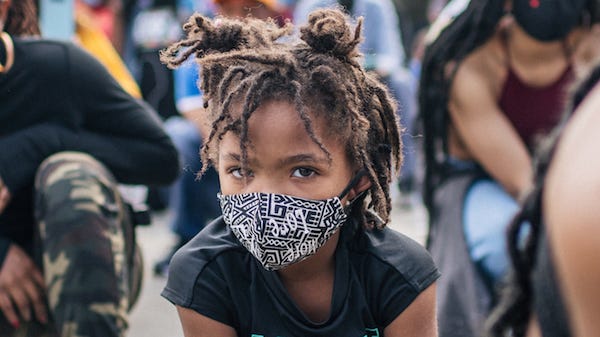
But here’s the kicker: He laid down His life for us – and we ought to lay down our lives for one another. 17 How does God’s love abide in anyone who has the world’s goods and sees a brother or sister[f] in need and yet refuses help? Little children, let us love, not in word or speech, but in truth and action. 19 And by this we will know that we are from the truth…. (1 John 3:16-19).
By this. Not by the words we say. Not by the doctrines we affirm or the creeds we profess but by how we live. By how we love. By how we pay attention to the needs of the world, the needs of our brothers and sisters. By how we respond. That is how we know we are of the truth and from the truth, and how the world knows that Jesus is, in fact, our Good Shepherd.
Because God loves the world. Not just you, not just me, not just the decent, “godly” people. (And let’s be honest: by “godly” people, we generally mean the people who look, believe, and behave like we do).
God does love the people who look, behave, and believe like you and me. But God also loves the people who look, behave, and believe differently than we do, too. God loves the world. Every inch. Every centimeter. Every person. Every creature – great and small.
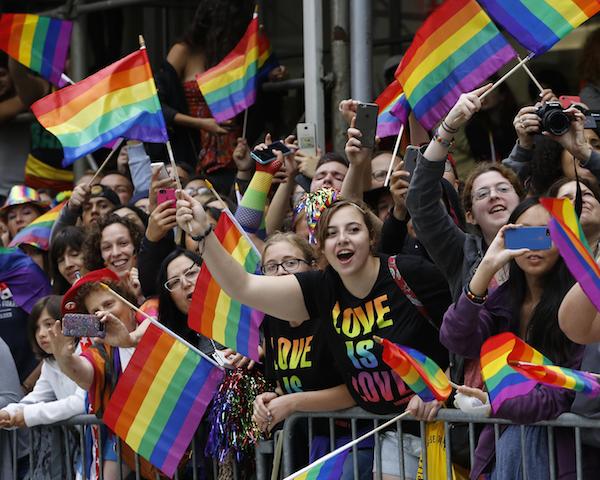
Christ died and rose again on the third day to redeem the world. And God calls us to love the world as God loves the world – to love each other as Christ has first loved us. We know love by this, that he laid down his life for us and we ought to lay down our lives for one another (First John 3:16)
If all we have, if all we know, if all we hold dear is John 3:16, it is not a given that we will lay down our lives for one another; that we will adopt God’s love as a way of life after we acknowledge it, after we profess it, after we embrace it for ourselves. Because here’s the thing: We can name Jesus as our Good Shepherd without allowing Him to BE our shepherd. We can cling to John 3:16 and still live lives guided by the currents and the aspirations of the world rather than by the One who loves the world.
But First John 3.16 won’t let us get away with that. First John 3:16 gives John 3.16 context. First John 3:16 declares that, because Christ’s sacrifice means something, it calls us to something. It calls us to respond to Christ’s loving sacrifice with loving sacrifice of our own – in this world, in this time.
It calls us to lay down our lives for one another, just as our Good Shepherd lays down and takes up His life for us. For how does God’s love abide in anyone who has the world’s goods and sees a brother or sister in need and yet refuses to help? Let us love, not in word or speech, but in truth and action. In short, First John 3.16 won’t let us walk around with our head in the clouds or our gaze fixed on our belly buttons – even when things are bad; even when things are good.

The Church (capital “C”) is at its best when we step bravely into the dark valleys, when we wade into, dive into the dark waves of this world for the sake of those whose lives are sopping wet. That’s what demonstrates how much faith we truly have in the light we’ve received. And that’s not just true now – it’s been true historically. We can be proud of this legacy of our faith. Those who are critical of Christianity, who boast that the world would be better off without the church, without this religion, show themselves ignorant of how the church has shaped this world, even as they (often rightly) point out our failings and shortcomings. In this city, and in cities, towns, villages, hamlets on six continents, there hospitals, schools, tutoring centres, food banks, thrift stores, homeless shelters – and more – all started and often maintained by Christians of various stripes. And we’ve started them and labour to maintain them because that’s the work we’ve been inspired to do when we understand and comprehend what it means to believe, “For God so loved the world….”
“When we’ve looked, truly looked, at the world with Christ-tinted glasses and heavenly infused hearts, it has always motivated us to do more than look. To act. To share. To love.”
When we’ve looked, truly looked, at the world with Christ-tinted glasses and heavenly infused hearts, it has always motivated us to do more than look. To act. To share. To love. To love as best we can in the same way we are and have been loved. To walk with our brothers and sisters, even strangers and enemies, through the world’s dark valleys and the soul’s dark nights.
To stand up and speak up for those who lacked a platform, who lack a voice; those who are exploited and expended by the powers that rule this world. That is our legacy. And that is what our city, our community, our world needs from us still.
It is no small condemnation that the reason why many who are protesting, who are fighting for justice for people like George Floyd and Andrew Brown are giving up on the church is precisely because the church isn’t in the street with them. Because in their sight the church of today seems far more interested in John 3:16 than First John 3:16. If we want them to take the Good News of the gospel seriously, we need to change that.
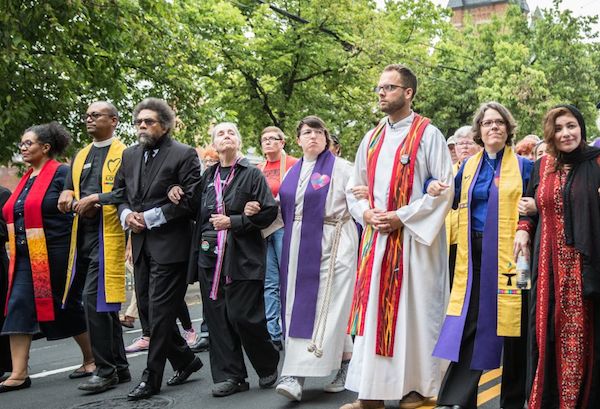
Not only should we be in the streets with them; we should be in the streets ahead of them. We should be the first to stand up and speak up, because that’s how the love of Christ, our Good Shepherd, should lead us. The love that bids to lay down our lives for one another. The love that bids us to love, not in word or speech, but in truth and action. Especially we who possess and enjoy so many of the world’s goods.
So, I want to challenge you, my brothers and sisters: get to know and take to heart First John 3:16 – get to know it as intimately as you know John 3:16. And then strive to put into practice. For Christ is our Good Shepherd. Who still lays down His life for His sheep. Because God so loves the world
And where love reigns; where love is given and received, lived and embodied; wherever we love others as Christ loves us, no one will ever be thirsty, and everyone will be able to breathe. No matter how deep the darkness of the valleys may become or how high the dark waves of injustice may rise. Thanks be to God. Amen.



















